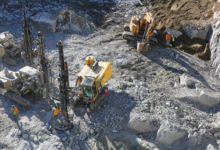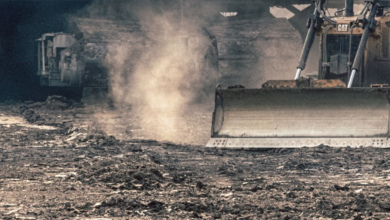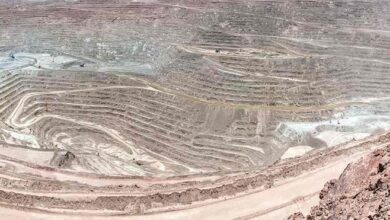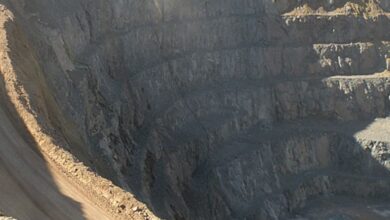Simandou iron ore development in Guinea to resume
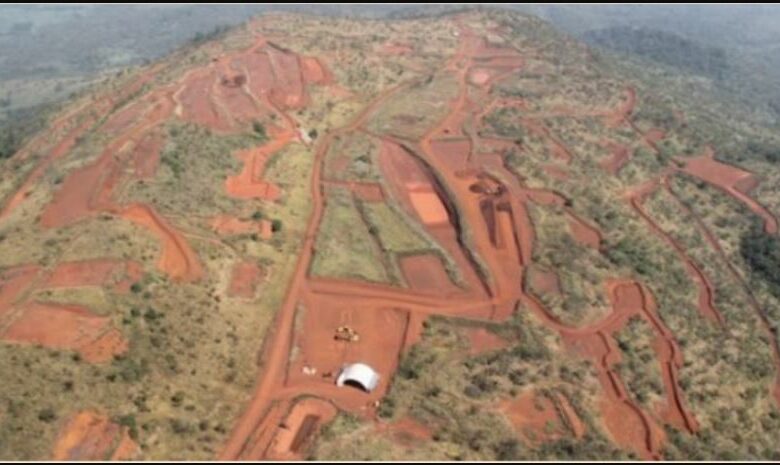
The Simandou iron ore project in Guinea is set to resume. This follows a reached agreement between Guinea’s ruling junta with Rio Tinto and a Chinese-backed consortium.
The site was earlier this month halted as the parties sought clarification on how Guinea’s interests would be preserved. The government’s move was seen as a way to put pressure on Rio and Winning Consortium Simandou to find a way to collaborate on the costly infrastructure needed to transport ore from Simandou to the port.
Mines Minister Moussa Magassouba announced the report and said Simandou holds more 4 billion tonnes of ore according to the country’s government, making it the largest known deposit of its kind, but despite the ore being very high-grade, it remains untapped decades after its discovery, largely due to legal disputes and political instability.
Framework agreement
Mr. Magassouba said that a framework agreement had been signed between the government and companies involved in the project: Rio Tinto, the Aluminium Corp of China (Chinalco) and the Chinese-backed SMB-Winning consortium.
He also noted that infrastructure projects must be completed by December 2024 and commercial production must start by March 31, 2025, a timeline analysts say is ambitious given the scale of the infrastructure that needs to be built.
The agreement primarily concerned developing a 670 km (419 mile) railway from the Simandou site to a new deep water port, a plan that Magassouba said would cost about $15 billion. The government had negotiated and obtained 15% stakes in the rail, port and mines, while the new infrastructure would become Guinean state property upon completion.
“This framework agreement will allow the joint development of this gigantic project … and allow the acceleration of the process and a resumption of work. The framework clearly outlines the key principles for all parties to work together on the co-development of infrastructure and sets out how the project will be built to international Environmental, Social, and Governance standards,” said Fadi Wazni, chairman of SMB-Winning consortium board.
Once it is fully up and running, Simandou is expected to produce 100 million tonnes of iron ore a year – with blocks 1 and 2 producing 60 million tonnes a year and Rio’s blocks producing 40 million a year, JP Morgan analysts said earlier this month.


